Amman, MINA – Ten years after demonstrations started in Syria, over half of the Palestine refugees in the country have been displaced at least once because of the brutal conflict that ensued, including 120,000 who have sought safety in neighboring countries, mainly Lebanon and Jordan, and beyond, according to a press release by the United Nations Relief and Works Agency for Palestine refugees in the Near East (UNRWA).
Once a vibrant community of over 550,000 people, Palestinians had come to Syria in two main waves in 1948 and 1967 to settle in 12 camps across the country. Yarmouk, the most famous of the Palestine refugee camps, became known as “the capital of Palestine refugees.”
UNRWA has operated in Syria since 1950. Since the start of the conflict in 2011, UNRWA has stepped up its operations to ensure the needs of Palestine refugees in the country are met, said the press release.
The Agency is the main provider of humanitarian assistance and basic services to 438,000 Palestine refugees who remain in the country, 91 percent of whom live in absolute poverty and who have been among those worst affected by the conflict, WAFA reported.
Also Read: Israel Kidnaps Over 30 Palestinians in West Bank, Including Children
“As a Palestine refugee, you are already born with a tag that says ‘displaced’,” said UNRWA Commissioner-General Philippe Lazzarini. “If you are a Palestine refugee in Syria, then you are at least doubly displaced and most likely living in extreme hardship.”
In response to the Syria regional crisis, with its multiple layers of conflict, displacement, hardship and most recently, the COVID-19 pandemic, UNRWA is a lifeline to nearly 420,000 of the most vulnerable Palestine refugees in Syria. Cash assistance and food aid by the Agency are often the only fixed support they get.
In neighboring Jordan and Lebanon, a total of 45,500 Palestinian refugees from Syria receive health, education, social services and cash assistance from UNRWA to help cover their basic needs. But the funding crisis that has hit UNRWA in the last few years has also heavily impacted the Agency’s ability to adequately respond to the immense needs of Palestine refugees from Syria.
Since the start of the conflict, many UNRWA installations inside Syria, such as schools and health centers, have become inaccessible or sustained severe damage.
Also Read: Israel’s Aggression on Gaza Continues With Mounting Civilian Casualties and Destruction
Forty percent of UNRWA classrooms have been lost and almost 25 percent of the Agency’s health centers are currently unusable due to the conflict. UNRWA in Syria has also lost 19 staff members during the 10-year conflict.
“The daunting images of destruction in Yarmouk camp remain with me, even a few months after I visited Syria,” said Lazzarini. “Children in pink and blue school uniforms stepping out of the rubble to get on a school bus were a surreal sight.”
UNRWA is seeking to rehabilitate some of its installations in Syria to be able to provide services in the areas where Palestine refugees are returning. It is primarily seeking to rehabilitate a building in Yarmouk camp to use it as a multipurpose center after some 500 Palestine refugee families have returned to the camp.
“Where Palestine refugees are able to safely return, UNRWA will do everything it can to give them access to basic services,” added the UNRWA Commissioner-General.(T/R3/RE1)
Also Read: Health Ministry Warns of Rising Meningitis Cases Among Children in Gaza
Mi’raj News Agency (MINA)





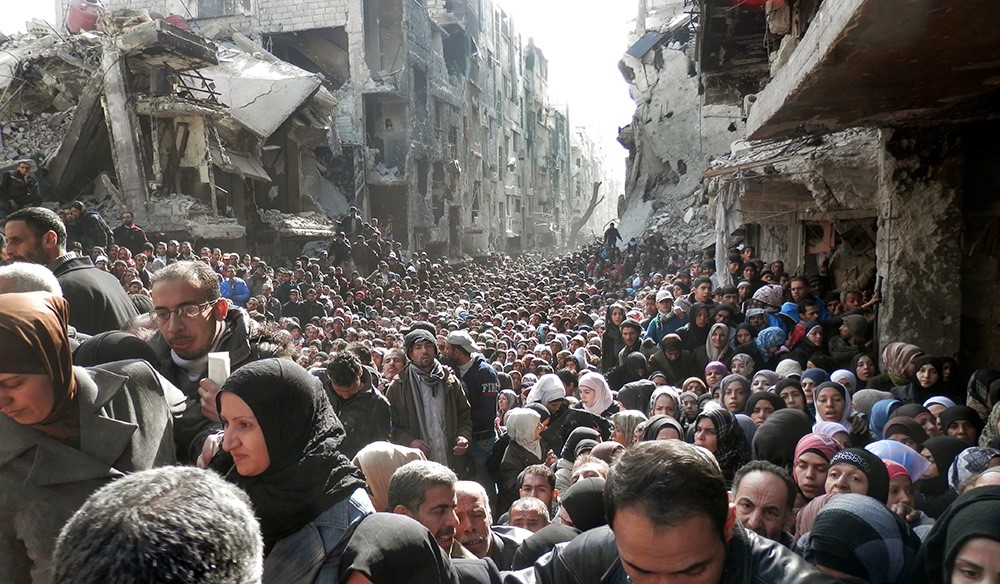

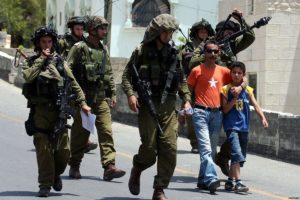

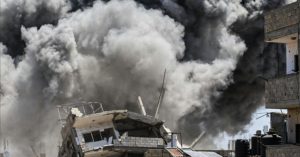
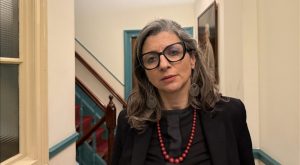


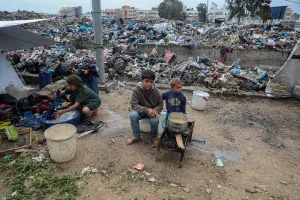
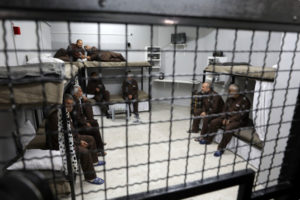

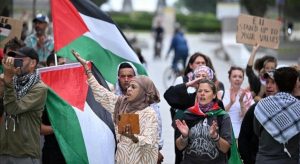


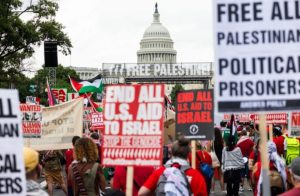




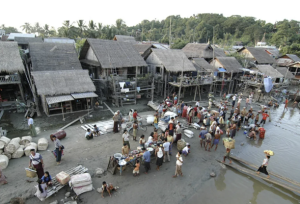
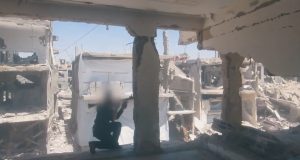

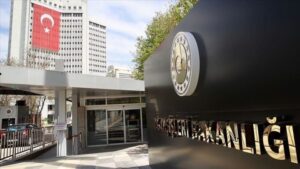
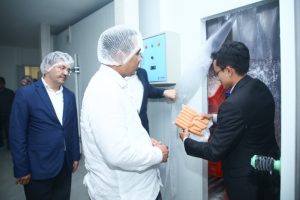
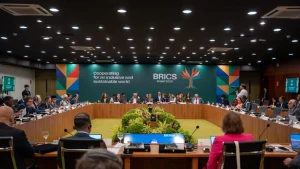

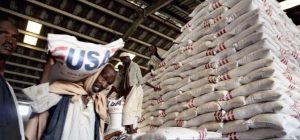



 Mina Indonesia
Mina Indonesia Mina Arabic
Mina Arabic